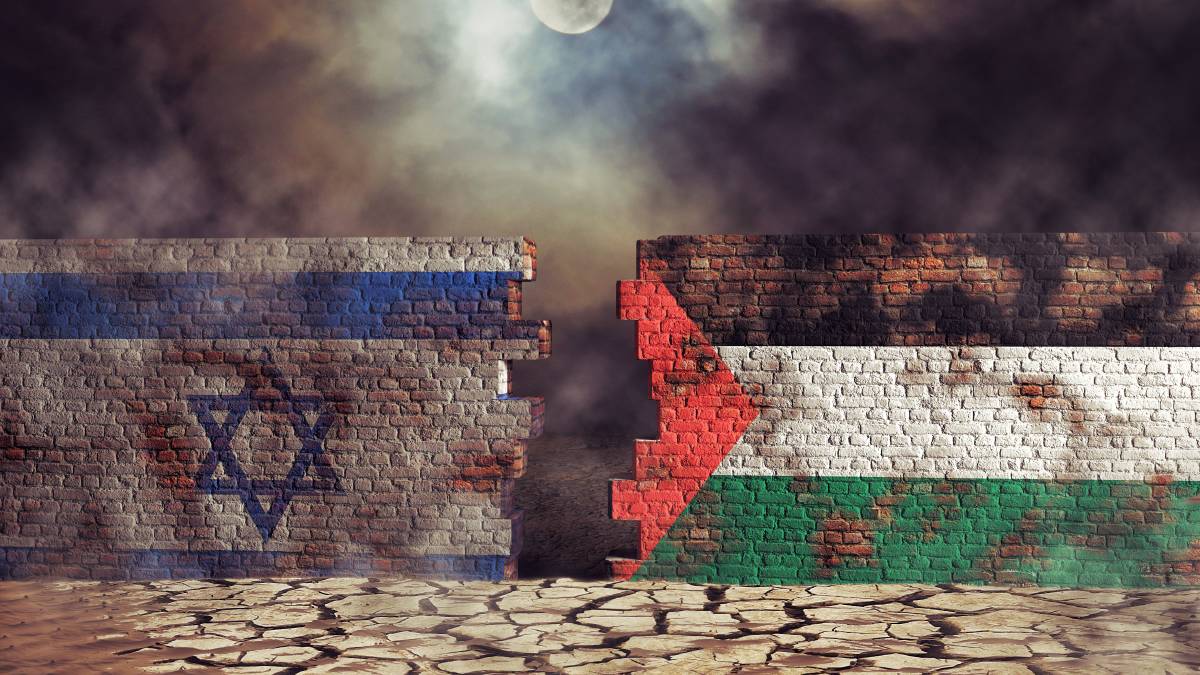I first started working on Palestinian revolutionary groups as an intelligence analyst in the Australian Joint Intelligence Organisation in 1972. The worst incident I covered that year was the September 1972 death of 11 Israelis at the Munich Olympics at the hands of the militant Palestinian group, Black September.
That was an atypical incident as the main Palestinian focus at that time was hijacking of passenger aircraft. Most of the hijacks were intended to gain publicity and did not usually end in deaths among the crew or passengers.
There were many different militant Palestinian groups with competing agendas, some more violent than others, but a common aim was to try and secure recognition for a Palestinian state. They worked on the reasonable assumption that if they made enough of a nuisance of themselves internationally, they would eventually achieve international recognition.
To some extent they succeeded with the Oslo Accords of 1993 and 1995 between Israel and the Palestine Liberation Organization (PLO). They resulted in the PLO’s recognition of Israel, and Israel’s recognition of the PLO as representative of the Palestinian people. The Accords were intended to start a peace process aimed at fulfilling the “right of the Palestinian people to self-determination.” Palestinians agreed to stop engaging in international terrorism, a commitment they have largely adhered to.
The Oslo Accords created a Palestinian Authority tasked with limited self-governance of parts of the West Bank and Gaza Strip and acknowledged the PLO as Israel’s interlocutor in future negotiations. These were to include issues related to security, borders, water rights, control of Jerusalem, Israeli settlements, Palestinian freedom of movement, and Palestinian right of return.
Read the article by Clive Williams in The Canberra Times.

